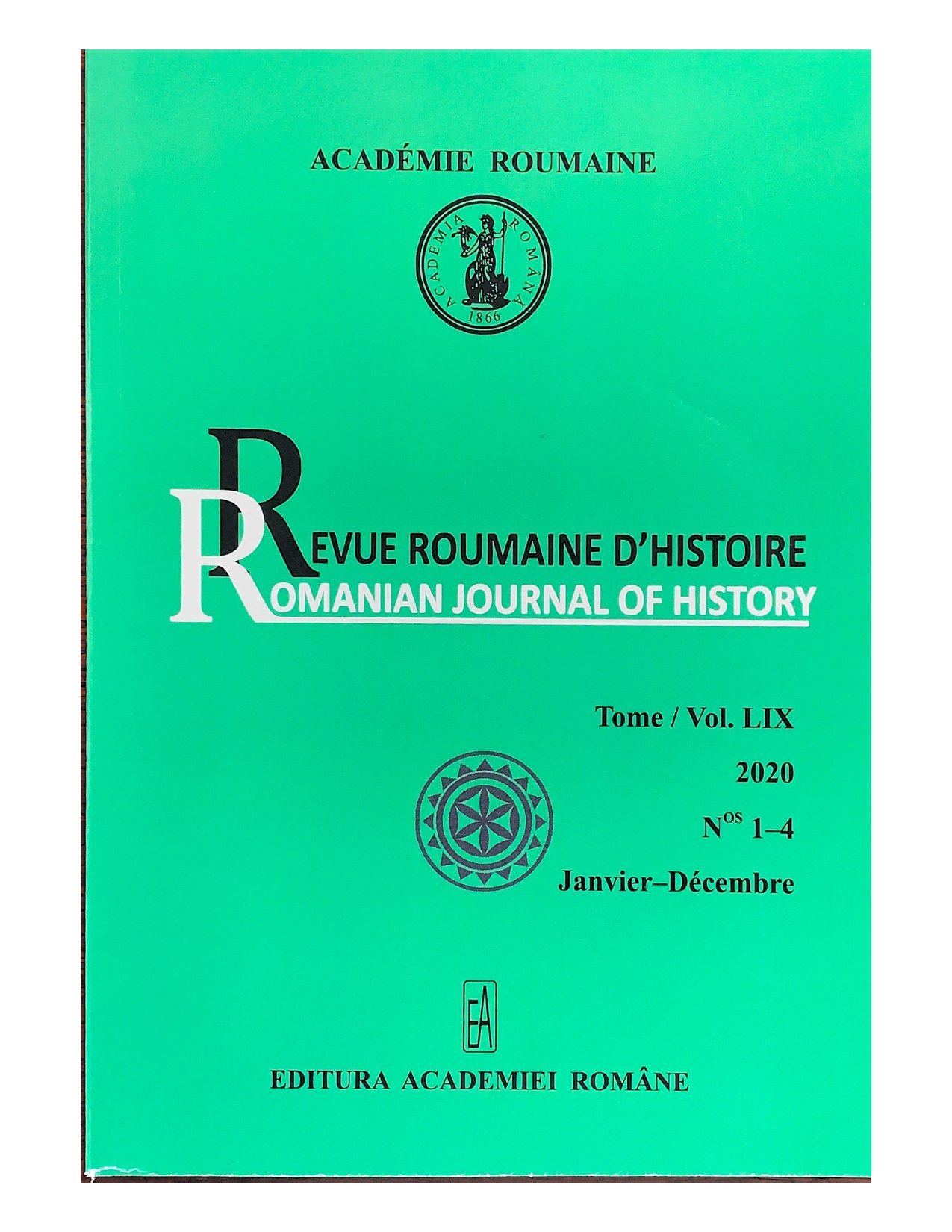Metternich, Palmerston, the German Confederation, and Europe – 1830–1834: Ideology and National Interest
Metternich, Palmerston, the German Confederation, and Europe – 1830–1834: Ideology and National Interest
Author(s): Wolf D. GrunerSubject(s): Diplomatic history, Political history, International relations/trade, 19th Century
Published by: Editura Academiei Române
Keywords: Europe; Great Britain; Russia; Austria; Prussia; international relations;
Summary/Abstract: From a structural historical perspective there are certain main determinants which play an important role in the political, economic, military and security decision-making process. For the present essay four determinants were selected. They will allow to analyze and compare two important 19th century statesmen and their management of the European crises of 1830 to 1834 (the status and role of a power in the European States System; internal and external security interests; political culture and political beliefs; the role and action of persons—friendships, animosities, hatred and mistrust between members of the ruling political elites). Metternich the “Coachman of Europe” and Palmerston “Lord Firebrand” clashed over differing perceptions of European security, European crises management and the status and role of their states in the international system of the time. Their political views and attitudes were shaped by the impact of the French Revolution of 1789 and its long term consequences, but also by the influence of their teachers at the universities they attended. An important element in Metternich’s and Palmeston’s relation was their personal animosity and dislike, especially as far asPalmerston was concerned (“Metternich is going to play the devil in Germany”). Both were responsible for the ideological block formation in the crisis years between 1830 and 1834, from the Revolution of July to the conservative and liberal alliances of 1832 and 1834. The examples selected for this essay focus on the Revolution of July 1830 and its aftermath, the Belgium-Luxembourg Question, the impact on the German Confederation and the constitutional states, on Austrian policy toward the German confederation and the impact of the uprisings in Italy and Poland. The breakup of the Quadruple Alliance of Chaumont 1814—renewed in 1818 and 1830 (Britain, Russia, Austria, Prussia)—in 1832/34, created war scares and the danger of an all-European war. It made it difficult to solve international crises. Therefore, e.g. the Belgium-Luxembourg Question could only be solved after the 1839 rapprochement of the members of the Alliance of Chaumont and the end of the Anglo-French liberal alliance.
Journal: Revue Roumaine d’Histoire / Romanian Journal of History
- Issue Year: LIX/2020
- Issue No: 1-4
- Page Range: 13-56
- Page Count: 44
- Language: English

